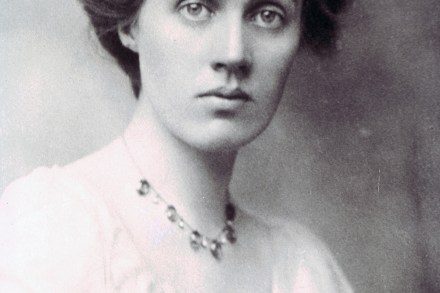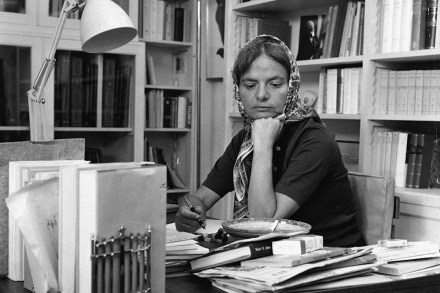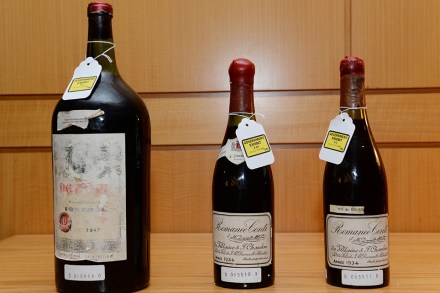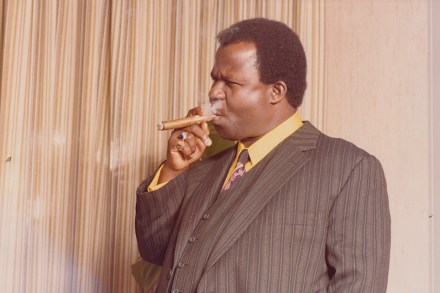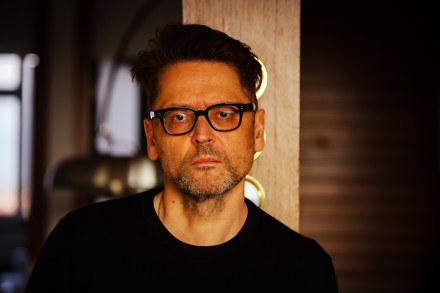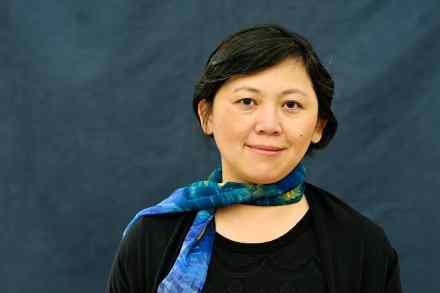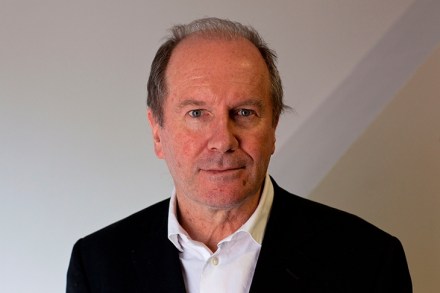A meeting of misfits: Seascraper, by Benjamin Wood, reviewed
The sea, as you might expect, looms large in Benjamin Wood’s finely tuned novella Seascraper. Thomas Flett – one of the most touching protagonists I’ve encountered in recent years – is barely out of his teens, but he’s already battered by toil. His days are spent shanking – gathering shrimps on the beach – with only a horse and cart for company. The setting, gorgeously evoked, is Longferry, a grim coastal town in 1950s Britain. Tom himself appears as if he’s been transplanted from the 19th century. The sea, though, brings change, when hidebound past comes crashing against thrusting future. Tom has a stifling oedipal relationship with his mother, who



